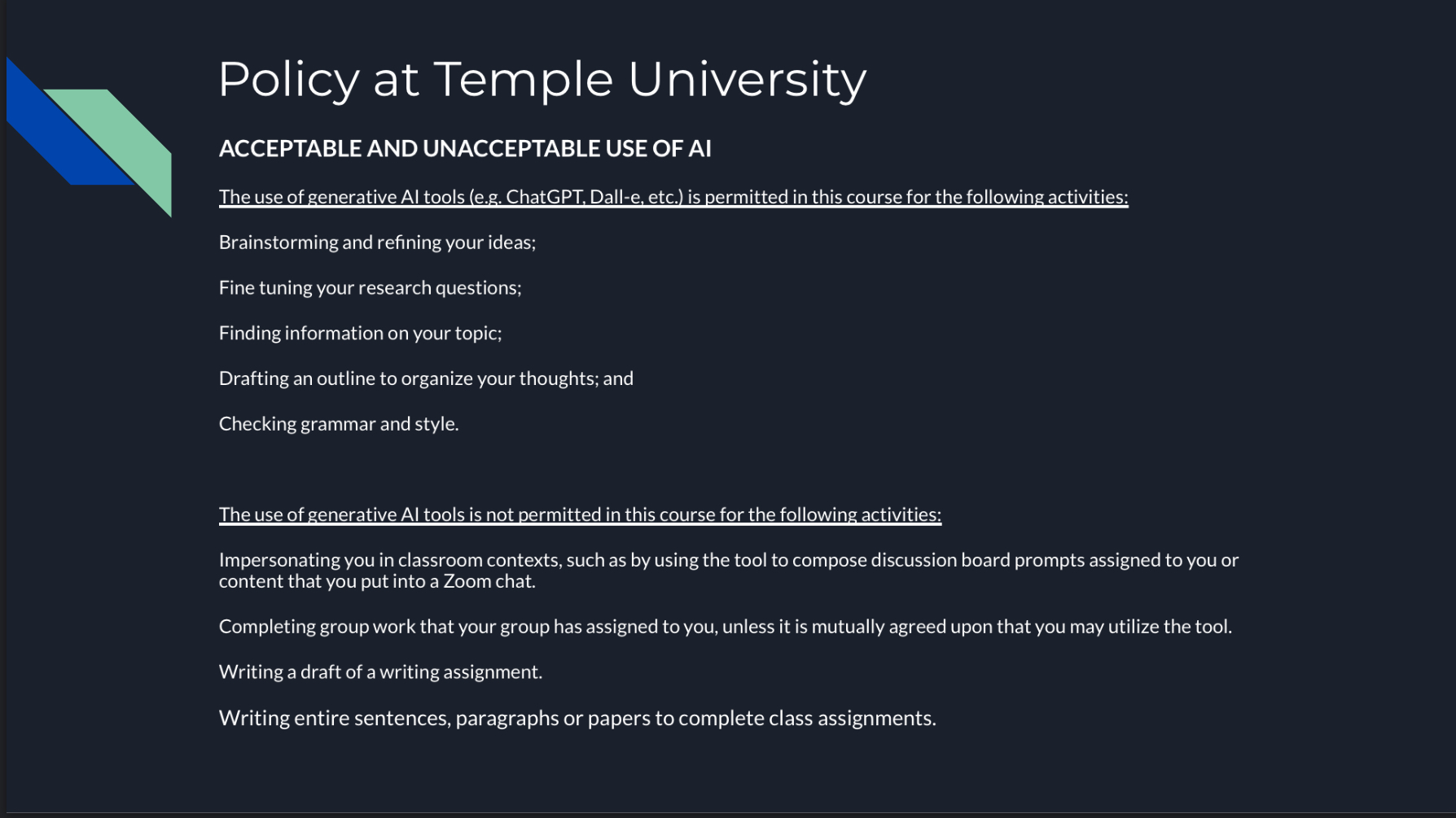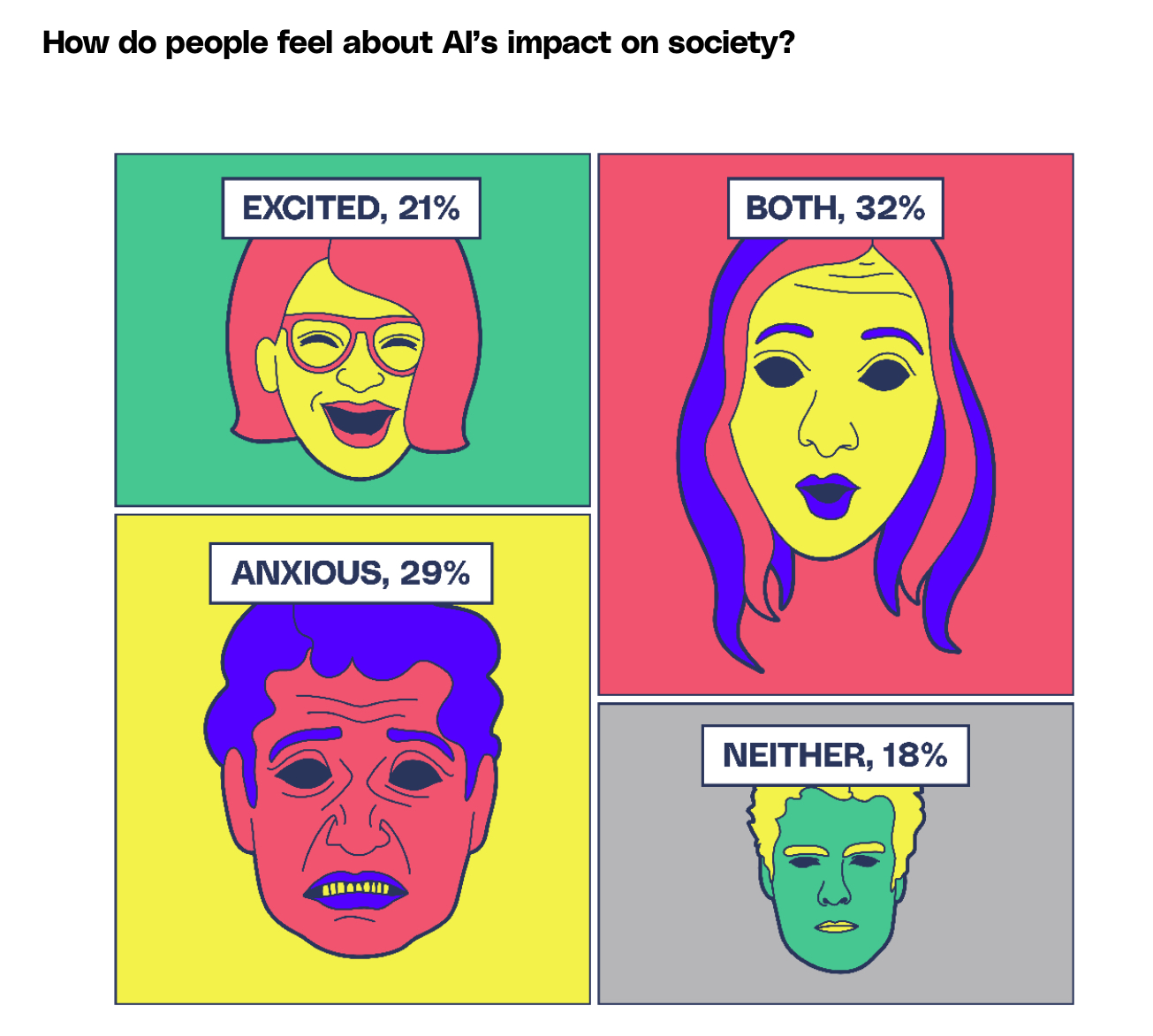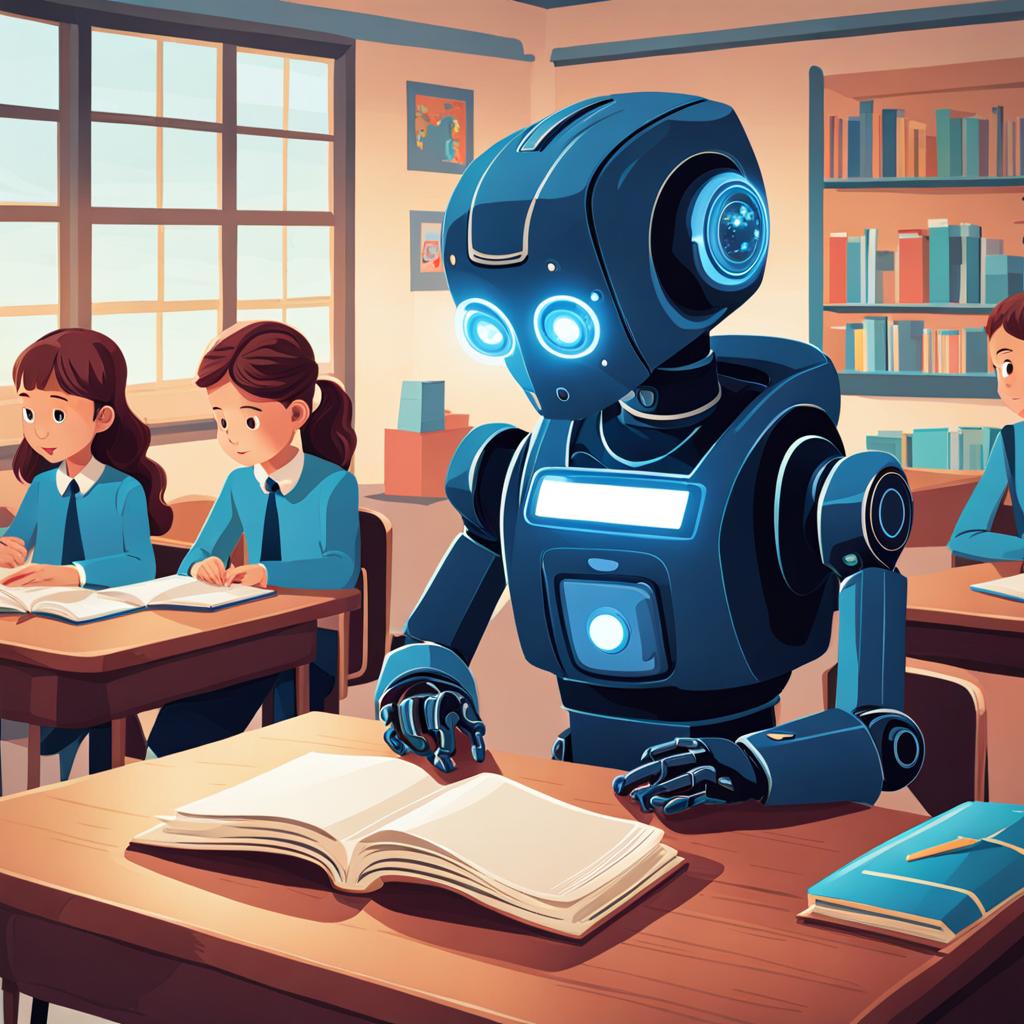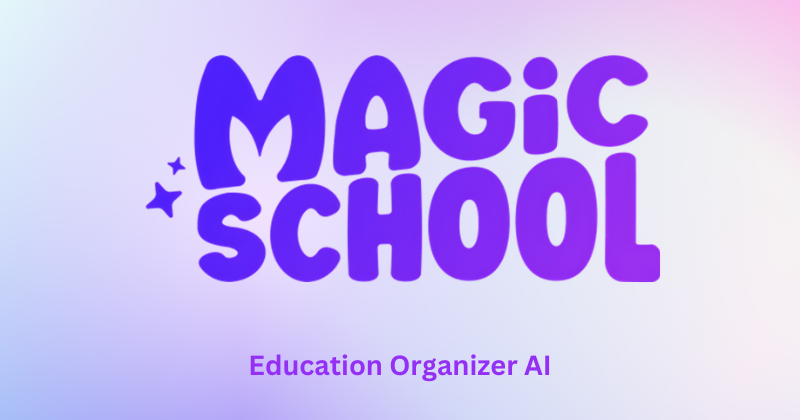Artificial intelligence (AI) has taken over the internet. From fake videos and photos to entire essays, there is no doubt that AI has been increasing in views and popularity. Seeing people use AI to get ahead and succeed, you may think: What advantages or disadvantages will AI bring to society? What will the future hold? How are we going to deal with this?
AI is “the simulation of human intelligence processes by machines, especially computer systems. Specific applications of AI include expert systems, natural language processing, speech recognition and machine vision” according to techtarget.com. A simple definition could be that AI is a powerful technology that can replicate human’s behavior by performing tasks.
AI applies itself in many different ways and in many different places. Specifically in schools, it has been a controversial topic, with some people feeling like it is an opportunity while others look at it with fear. Some schools have policies due to the excessive use of AI. However, many schools, including Norwin School District, do not have a policy in place due to its new prevalence. One college, Temple University, has a policy that states the following: 
Temple University’s policy towards AI in their school and what is acceptable and unacceptable (Temple University)In a poll of over 50 students at Norwin High, 50 percent of people said they think the Temple University policy above is near perfect and should apply to Norwin.
“I think the idea of not immediately criminalizing using AI like in Temple’s policy should be added,” Norwin junior Baylee Webber said. “It would be ignorant not to take advantage of the new tools we have and shouldn’t be banned altogether or have such a bad wrap.”
Most students agreed to some degree with the AI policy from Temple University coming to Norwin, with only about 7 percent of students thinking that it should NOT be implemented at Norwin, at least not without changes.
But there is more than just facts and a policy behind the implementation of AI. Many people have felt fear, excitement, or even anger towards the idea of AI being used in schools, which can hamper the students’ mental state and, therefore, their learning environment.
“Personally, I am against AI in every way, but especially in educational settings because it deprives the student from even getting the opportunity to learn,” Norwin junior Zoe Kieffer said. “By using AI to make projects easier, that greatly diminishes any actual learning or skill building that the student could’ve otherwise gotten.”
On a national level, people feel torn on the use of AI throughout education. The video below from NBC News talks about AI in education and how some schools are banning it while others are embracing it.
Students aren’t the only ones affected by AI, teachers also feel the effects. They have to decide the level at which they want to see AI in their classrooms and how much they want to implement rules for or against it. AP Human Geography and AP US History teacher at Norwin, Mr. Eric Bartels, used AI in his classroom this year.
“I am not opposed to AI in school when used as a tutorial tool or even as a comparative device on what a person can produce based on their limited time and access to materials,” Bartels said. “In my APUSH classes this year, rather than having the students write an obituary personifying the Bank of the United States in the 1830s, we had the students direct AI to write the document to evaluate what it could produce. The results were impressive. I definitely think there is a place for AI in schools, as many workplaces will continue to employ it to simplify some of their own tasks.”
Another teacher at Norwin, AP English Language and Communications II teacher, Mrs. Gretchen Sweeney, grapples with AI in her language arts classes.
“[AI is] exciting and frightening at the same time,” Sweeney said. “I’m still learning about AI, so I’m not sure how it will fit in at Norwin. Norwin seems to be embracing it. Time will tell how it will work out. I see AI as helpful when students struggle for ideas; it can point them in the right direction. However, relying on AI to complete work doesn’t sound good to me. We need more critical thinking, not less.”
Teachers may see students using AI for their assignments or as a basis for their work. From there, because Norwin has not yet created a written policy on AI, each teacher has to decide what to do about students using AI in their classroom. However, the teacher’s job to implement their rules is not only up to them, but responsibility also falls on each student to use AI responsibly.

Seventy percent of students in a Norwin poll say that they have seen other students using AI to help with or complete school assignments. 47 percent of students even believe that they are above average at using AI, showing that students at Norwin know how to use AI and are used to using it. A shocking 93 percent of students have used AI before, including services such as Chat GPT, music/art generators, social media filters, video/picture augmenting, and Siri/Alexa/Google Assistant.
Although many students use AI, there is still an unknown aspect among them with AI. Students seem torn on using AI for school, some thinking it is destructive, and others thinking it is helpful. In a poll of Norwin students, 45 percent are undecided on whether AI affects education more positively or negatively, showing that many students do not fully understand the role AI can play throughout their learning.
AI may be feared or used for good, but either way, it depends on the person and the school to either bring out the benefits of AI or fail to do so. There are many important reasons to implement AI, but the fear is also justified, as we don’t fully understand what AI really does for us yet. If AI were to be views positively by students, it would only benefit those who use it in its intended way. Students who use it to cheat or manipulate assignments will not see the benefits when it comes to their future.
“Whether [AI] helps or hurts students at Norwin mainly depends on how the student chooses to use it,” a Norwin junior said in the poll. “If a student chooses to use it to write an essay for them or do an entire project and not just generate basic ideas, then it would hurt the student. When they eventually have to do the assignment or a variation of it on a test, they will be unable to because they did not practice on the assignment, ultimately hurting the student in the long run.”
Although there may be fear, excitement, frustration, or anxiety, AI is a part of society now, and it looks like it is here to stay for the future. The focus should be on learning how to use it and how use it effectively or taking a step towards having any type of regulation on AI in schools and in general. School may seem like a difficult place for opinion in some aspects, but it is necessary for success in the current world, and people seem to have colorful feelings about what they should do with AI in schools. Students, teachers, and administrators should work together to harness success in schools, especially regarding these new issues.










